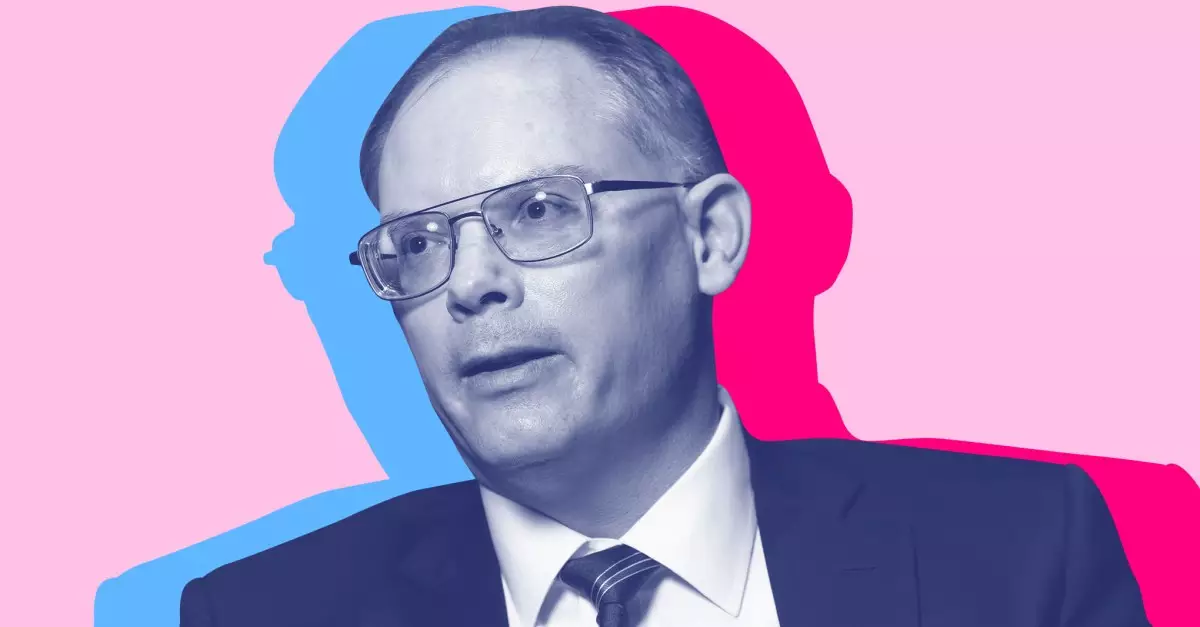In an era where digital engagement drives consumer behavior, the battle between Epic Games and Apple over the Fortnite presence on the iOS App Store has become a vivid illustration of power dynamics in the tech industry. Epic Games, a titan in video game development, has found itself in a protracted struggle to get its flagship game, Fortnite, reinstated on Apple’s platform. The digital gaming landscape has evolved into a battleground, and with each delay, not only does Epic endure financial repercussions, but it also faces the challenge of maintaining its loyal player base.
Tim Sweeney, the fearless CEO of Epic Games, has adopted a public pressure strategy to advocate for Fortnite’s approval. Relying on social media platforms like X (formerly Twitter), Sweeney has rallied the community and sought to draw the public’s attention to the number of imitators that exploit Fortnite’s brand while bypassing the stringent approval processes that legitimate titles face. By highlighting Fortnite clones, such as “Fort Battle Royale Epic Shoot,” he exposes an irony that many gamers and developers find frustrating—the existence of low-quality knock-offs while the original content remains sidelined.
Hoping for Fairness Against All Odds
The crux of Sweeney’s dispute with Apple revolves around the company’s App Store policies, particularly with regard to its commission structure that many argue stifles competition and innovation. The ruling from the Epic Games v. Apple case seemed like a potential breakthrough, but the road to approval for Fortnite remains obstructed. Sweeney has publicly appealed to Apple CEO Tim Cook, questioning the fairness of withholding the original game from its audience while allowing subpar imitations to thrive in the App Store ecosystem.
The notion that consumers should have free access to quality content like Fortnite, instead of amateur clones, underscores a larger conversation about the ethics of digital marketplaces. Gamers deserve authentic experiences, and the existence of copycat games dilutes not only the Fortnite brand but also the integrity of the App Store itself. This situation raises significant questions about what it means to facilitate a marketplace that genuinely offers quality to consumers.
Frustration Mounts Over Delays
As the deadline for Epic’s scheduled weekly update looms closer, the uncertainty surrounding Fortnite’s status in the iOS App Store becomes even more intense. Sweeney clarified that Epic had submitted a new version of the game to ensure synchronization across all platforms, emphasizing the importance of regular updates for the player community. The failure to receive approval in a timely manner not only jeopardizes gameplay continuity but potentially alienates users who expect seamless experiences.
Despite Apple’s claimed efficiency in processing app submissions—an average review time of fewer than 24 hours—Epic has been left in limbo. This uncharacteristic stagnation opens the floor to speculation regarding Apple’s motivations. Are they exercising power in a way that discourages competition, or are they merely enforcing their policies? This complicated relationship might push Epic Games to explore alternatives that could redefine their approach to app distribution, as they seemed to be doing with conversations around game subscription services and direct downloads.
The Future of Fortnite on iOS
With anticipation palpable among gamers, the future of Fortnite on Apple’s platform hangs in a delicate balance. Should Apple continue to resist approval, questions arise about Epic’s strategy moving forward. Could this situation encourage the development of a new distribution model for video games, one that sidesteps traditional app stores entirely? As the gaming community watches closely, the outcome may precipitate profound changes in how games are marketed and distributed in a rapidly evolving digital environment.
The ongoing saga between Epic and Apple is emblematic of broader issues at play in contemporary digital economies. It urges developers and consumers alike to consider the value of platforms that prioritize genuine content over imitation. Epic’s struggle on behalf of its flagship title is not just about Fortnite; it symbolizes a larger fight for fair play, operational transparency, and genuine access in a world often dominated by corporate monopolies. As this dispute continues to unfold, it remains to be seen how it will reshape the rules of the game in the app economy.

